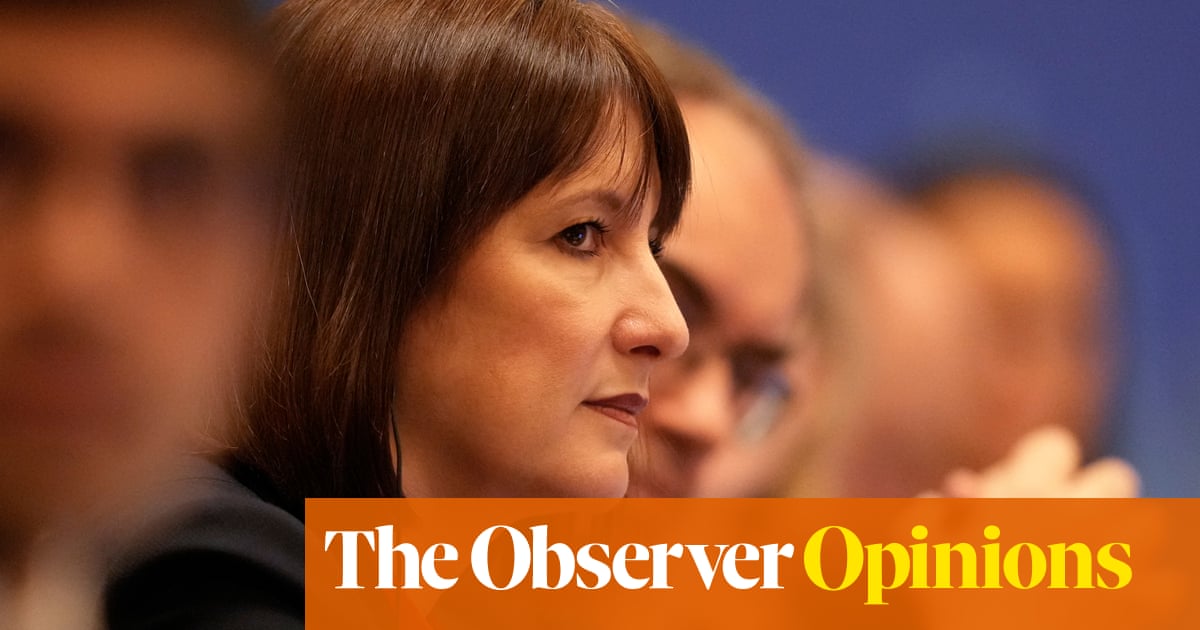It was time, Keir Starmer said, for a “complete re-wiring of the British state”. But in the very same announcement he unveiled Chris Wormald, the epitome of a safe, low-key career government official, as his new chief civil servant. Hardly the man for a hard reset. So which one is it?
The answer, Starmer and his team hope, will be both. They are betting on Wormald, the new cabinet secretary, to be a quiet and loyal radical, unpicking the impasses of Whitehall in an effective and consensual way, rather than via a Dominic Cummings-like messy revolution.
Wormald is very much an insider in his world, having spent over three decades working his way up the ladder across a series of government departments, all the while barely coming to the public’s attention.
Some who have crossed his path are effusive in their praise. James Bethell, who was a minister under Boris Johnson in the health department, where Wormald has been the permanent secretary, or lead civil servant, since 2016, called the promotion “a shrewd choice by Starmer”, adding: “When the killer zombies invade, I’d like Chris Wormald at my back.”
Luke Tryl, UK head of the thinktank More in Common, who was a special adviser at the Department for Education when Wormald was permanent secretary there, praised him as “someone who has the experience/safe pair of hands, but can also do big reform”.
Others are less enthusiastic. One former government official who worked with Wormald labelled him “devoid of charisma – he can barely hold eye contact, let alone show leadership”, and unable to stand up to the eight health secretaries he served under.
The official added: “I sat in hours of meetings with him and he was fundamentally an observer, and very rarely committed thoughts of any substance. His appointment personifies the failing upwards culture that makes so many of us want to leave the civil service.”
In contrast, another official who also worked closely with Wormald called him “a top-class civil servant and all round good bloke”.
It is likely to have been Wormald’s seeming capacity to quietly adjust to the ambitions of a reforming minister, as with Michael Gove in education, which at least partly explains the decision to make him the 14th permanent secretary – all of them men – since the job was created in 1916.
Simon Case, who Wormald replaces, is also a career civil servant, beyond a stint advising the royal household. But unlike Case, Wormald has not been connected to – fairly or not – damaging leaks and media briefings.
Another factor behind his latest elevation, however, appears to be luck and circumstance. Of the four candidates on the final shortlist to get the job, Wormald was probably the least tipped, but also the one with the least baggage.
Olly Robbins, seen by some as the frontrunner, had the status of being Theresa May’s chief Brexit negotiator, but was viewed as the favoured choice of Sue Gray, Starmer’s now ousted chief of staff, and thus less palatable to her replacement, Morgan McSweeney.
Antonia Romeo, the permanent secretary at the Ministry of Justice, is well regarded, but has a higher profile and is seen as perhaps more of a political operator. The other possibility, Tamara Finkelstein, lead official in the environment department, has spent slightly less time in top jobs.
This is not to say that Wormald, a keen rugby fan who has a rugby ball on his desk which he throws into the air and catches when stressed, comes without any controversy.
The Covid inquiry has focused heavily on a seeming sense of complacency in a health department led by Wormald from 2016, which appeared to believe that the UK led the way in pandemic preparedness.
Wormald gave evidence to the inquiry in November last year, an appearance subsequently criticised as overly focused on procedure and protocol. He also faced the charge of failing to protect the NHS during the pandemic.
In a closing submission to the inquiry last week at the end of the module looking at the NHS, the counsel for Covid Bereaved Families for Justice UK, Allison Munroe KC, described Wormald’s evidence as “an object lesson in obfuscation, a word salad – so many, many words, so very little substance”.

.png) 1 month ago
6
1 month ago
6













































